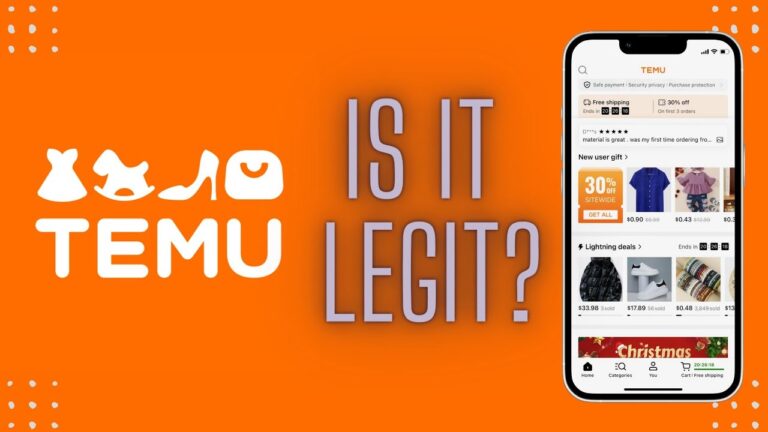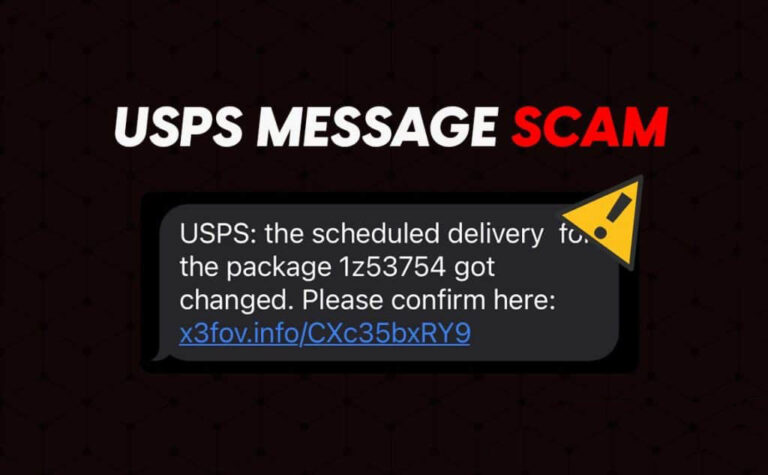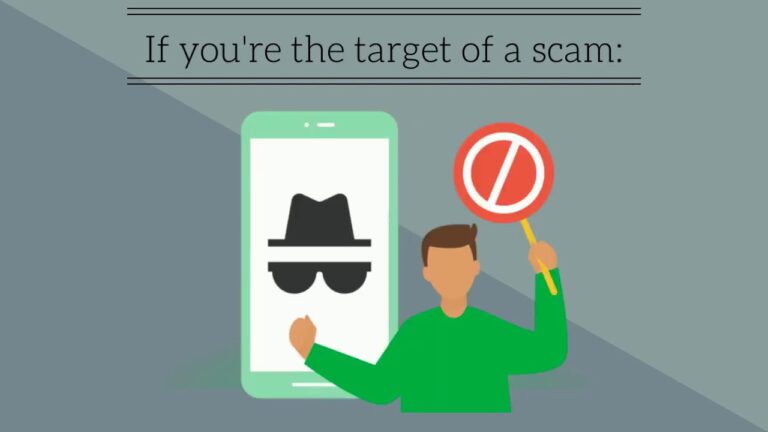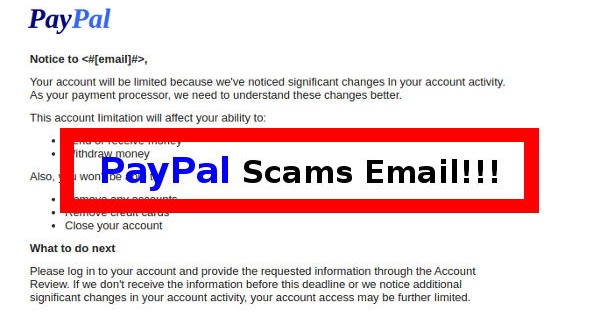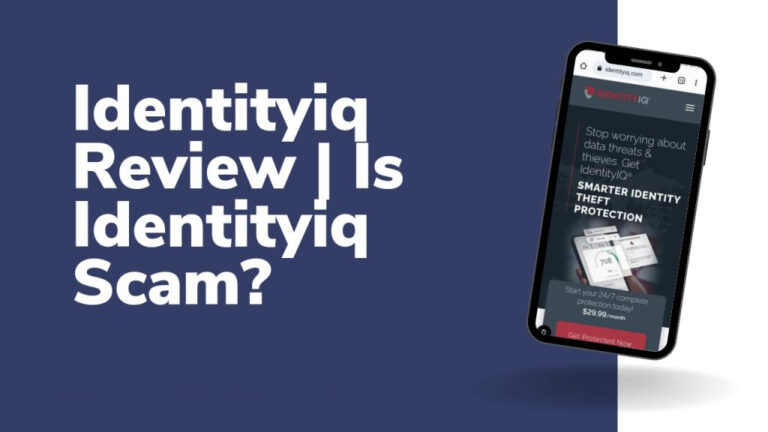Offerup Scams: Can You Get Scammed On Offerup?

OfferUp, a popular online marketplace, has revolutionized the way people buy and sell used items locally. However, the platform’s convenience and accessibility have also made it a target for scammers looking to exploit unsuspecting users. In this blog post, we’ll delve into the world of OfferUp scams: what they entail, how they work, and, most importantly, how to recognize and protect yourself from these deceptive schemes.
Understanding OfferUp Scams
OfferUp scams encompass a range of fraudulent activities that target buyers and sellers on the platform. Scammers often use various tactics to deceive users, with the primary aim of extracting money or valuable items.
The Anatomy of OfferUp Scams
OfferUp scams often follow a common pattern, typically unfolding as follows:
- Fake Listings: Scammers create fake listings for items that don’t exist or are misrepresented. These listings often feature attractive images and enticing descriptions.
- Overpayment Scams: In this scenario, a scammer may express interest in an item you’re selling and offer to pay more than the listed price. They’ll send a check or payment that later bounces, leaving you with a loss.
- Phishing Messages: Scammers may send messages containing phishing links or requests for personal information under the pretense of confirming your identity or payment details.
- Shipping Scams: Some scammers claim they want to buy your item but ask you to ship it to them. They’ll send a fraudulent payment or never send payment at all, leaving you without your item or money.
- Meetup Scams: Scammers may suggest meeting in person to complete a transaction, but then either don’t show up or attempt to rob you during the meetup.
- Counterfeit Items: Scammers may sell counterfeit or fake items while advertising them as genuine, leading buyers to pay for items of much lower value.
Recognizing the Red Flags
Spotting the warning signs of OfferUp scams is essential for protecting your money and personal information. Here are common indicators to be aware of:
- Too Good to Be True: Be cautious of deals that seem too good to be true. Scammers often use attractive prices and fake listings to lure victims.
- Overpayment: Avoid transactions where the buyer offers to pay more than the listed price, especially if they insist on sending a check or money order.
- Phishing Messages: Be wary of messages requesting personal information or containing suspicious links. Legitimate buyers and sellers don’t need this information.
- Shipping Requests: Use caution when dealing with buyers who want you to ship items before payment is confirmed. Scammers often take advantage of this situation.
- In-Person Safety: When meeting in person, ensure it’s in a well-lit, public place and let someone know about the meetup.
- Check the Item Carefully: Examine items closely, especially high-value purchases, to ensure they are genuine and as described.
Protecting Yourself From OfferUp Scams
Defending against OfferUp scams requires vigilance and informed decision-making:
- Verify the Buyer or Seller: Check the user’s profile, ratings, and reviews. If they have a limited or suspicious history, be cautious.
- Use OfferUp’s In-App Messaging: Keep communications within the OfferUp platform to help the platform track and address suspicious activity.
- Exchange in Safe Locations: When meeting in person, choose a safe, public location for the exchange.
- Avoid Overpayment: Never accept overpayments and be cautious of unusual payment methods.
- Trust Your Instincts: If something feels off or too good to be true, it’s best to walk away from the deal.
- Report Suspicious Activity: If you encounter a scam or suspicious user, report it to OfferUp through the platform’s reporting system.
Conclusion
OfferUp scams aim to exploit the trust and convenience the platform offers for buying and selling. By staying informed, practicing caution, and recognizing the red flags associated with these scams, you can protect your money and personal data from falling into the hands of deceptive fraudsters. Remember that if a deal appears too good to be true, it often is, and it’s better to be cautious than to fall victim to a scam.

